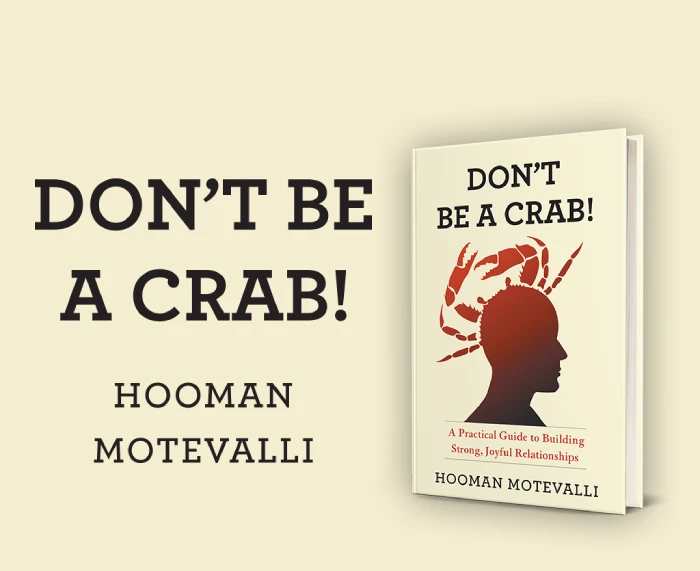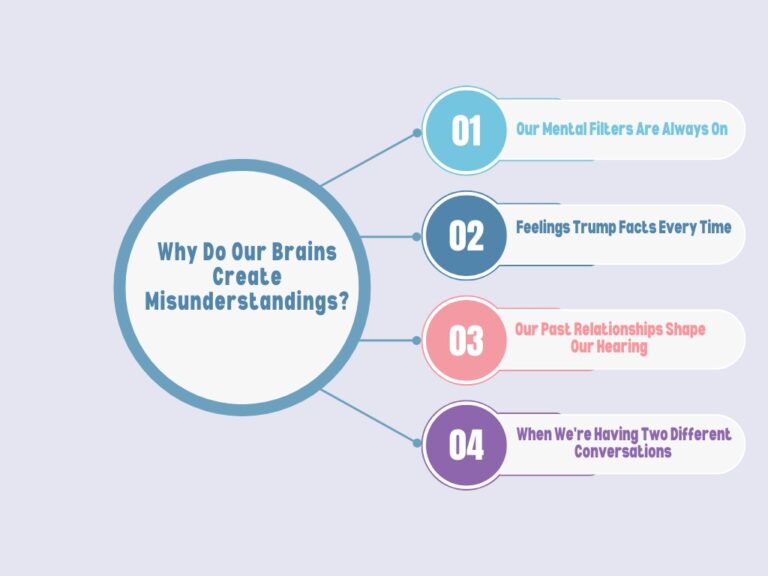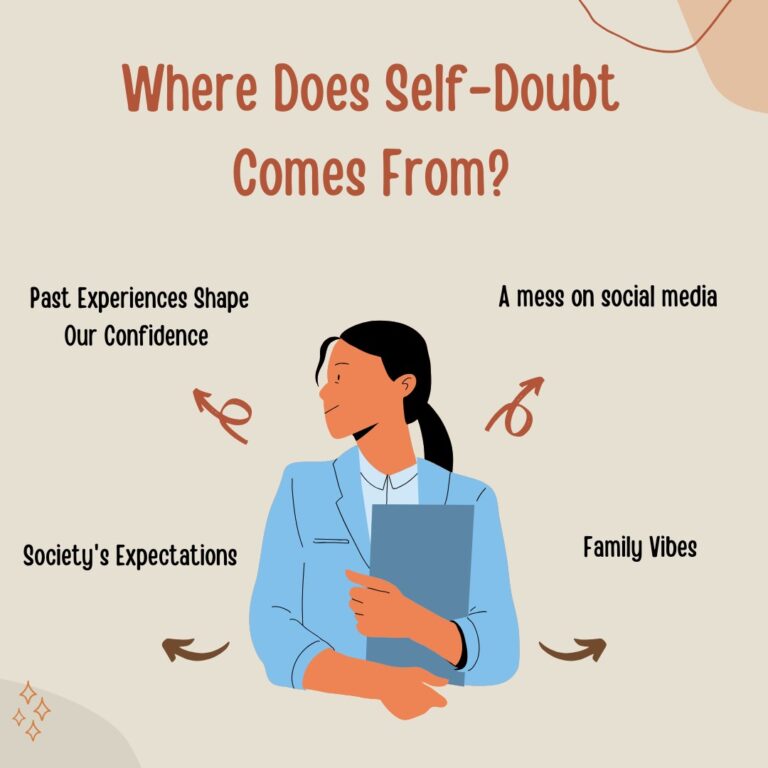What makes you tick? Is it your little son running around the house as you shout his name to call him to order? How about your boss dismissing your suggestions about work like your opinions don’t matter? Maybe your partner doesn’t appreciate the little things you do for them. Or perhaps your parents never recognize your achievements; they always expect more from you—you’re just not good enough for them?
You can yell at your son, partner, or family. Or quit your job so your boss knows you’re done. After all, it’s high time these people knew you wouldn’t take their disrespect anymore. At the very least, people need to know when you’re angry so they don’t take you for granted.
While it’s important to think about your anger and do something about it immediately—at that point, when your anger becomes something you can’t bottle up anymore, your angry behavior at that moment might end up doing more harm than good, making your life worse. And that’s why learning how to control your anger is important.
In this article, you’ll learn how anger is a part of life—a natural reaction built into your human system. I’ll also show you proven strategies for responding and controlling your anger.
What Is Anger?
Anger is one of the basic feelings we experience as humans. You know that feeling—your fists start to tighten, your chest gets warm, and words just want to burst out of your lips. Anger can be a strong motivation, a way to stand up for ourselves and protect the people we care about, but if we don’t control it, it can turn into something worse than we imagine.
Anger is a strong emotion when something goes wrong or someone hurts you. Anger is often characterized by frustration, sadness, stress, anxiety, frustration, displeasure, and irritation, among other feelings.
Everybody gets angry—it’s a normal human reaction. Anger only becomes an excessive reaction when it affects your day-to-day activities and relationships with people. The way people react to their emotions varies—from raising their voices to even destroying things. That’s why it’s important to control your anger and control your emotions.
Signs To Control Your Anger
As much as anger is a useful reaction, it becomes a problem when it negatively impacts you and others around you. Here are a few signs that your anger might get out of control, and you need to control your anger.
Physical Signs:
- An uncontrollable increase in heart rate and pounding pulse.
- Clenched jaws, tight fists, and furrowed brows.
- Excessive sweating and tremors in your hands and voice.
- Severe headaches and stomach pain.
- Difficulty falling asleep.
Emotional Signs
- Irritability and frustration at the slightest discomfort.
- Constant state of feeling overwhelmed, restless, and powerless.
- A negative mindset and pessimism towards others and situations around you.
Behavioral Signs:
- Yelling, swearing, and using hurtful language towards others.
- Throwing objects, hitting, or engaging in physical altercations.
- Isolation and withdrawal from loved ones
- Holding onto past hurts and resentments, replaying negative scenarios, and thinking about anger-inducing events.
- Engaging in substance abuse, self-harm, or neglecting responsibilities.
Effects Of Anger
If you’ve been extremely angry or witnessed someone get very angry, you may have experienced the pain, crying, regret, and suffering it brings. The effects of anger cut across other areas of your life. Here are three areas why the effects of not being able to control your anger can be detrimental:
Mental Health
The more you get angry, and the longer you remain angry, the easier getting angry becomes a habit. Then, getting angry becomes a habit; it is easier to get annoyed at the slightest discomfort or frustration to the extent that everyone around you becomes a potential trigger.
The aftermath of getting angry is an unpleasant feeling, and constantly being exposed to this feeling of angry outbursts leaves you feeling emotionally drained, empty, guilty, and even depressed.
When you don’t learn how to control your anger, you can turn to drugs, alcohol, or other dangerous activities to distract you from the resentment and pain of the recurring angry episodes.
Family Life
There’s plenty of evidence to show that children of parents who frequently express anger through outbursts and aggression are more likely to display similar behavior themselves. This is partly because they’re exposed to this way of communicating and resolving conflicts.
These parents unknowingly teach their children that anger is an acceptable way to handle difficult situations. These children go on to become delinquents because of the lifestyle they’ve imitated from their parents, making it hard for them to be social and make friends.
The effects don’t end with those children because they’re also most likely to use the same patterns and coercive style of interaction with their children, potentially continuing the cycle.
Relationships
Relationships are built on trust, empathy, and love, and these qualities are poorly displayed when you cannot control your anger. Whether it’s your personal, work, or friend relationship, damage to these relationships is one of the most common effects of anger.
It can ruin your relationship with your co-workers and impede your promotion and growth—they’ll hate working with you because you’re difficult to work with. Your friends will find it hard to be themselves around you because you might have an anger outburst. Nobody wants to be around someone who gets angry easily and all the time.
While anger is a natural human emotion, it’s hardly the most useful emotion for a healthy relationship. Consider it—and decide whether your anger is helpful in your relationships or hurtful to you and them.
10 Ways To Control Your Anger
Being able to control your anger involves managing it at the moment and before it happens. Here are some effective ways to tackle it:
When you’re angry:
- Take a break. Watch out for the early signs of anger listed above. Leave the room or excuse yourself for a few minutes to calm down.
- Practice relaxation techniques. You can slow your heart rate and calm your body by deep breathing. Take a couple of deep breaths.
- Question your thoughts. Are the things you think about the situation correct and useful? Reframe negative thoughts into more neutral or objective ones.
- Be bold when you speak. Once calm and cool, be honest about how you feel and what you need without blaming or attacking the other person.
- Count to 10 or recite a calming mantra. This can give you some time to calm down before you move without thinking.
- Be patient with yourself. Changing your anger response takes time and practice. Don’t get discouraged if you have setbacks.
How to prevent anger outbursts:
- Identify your triggers: What or who makes you angry most of the time? You can avoid them or come up with ways to deal with them once you know what they are.
- Manage stress: Long-term stress can make you more angry easily. Practice relaxation techniques regularly, exercise, and ensure you get enough sleep.
- Communicate openly and honestly. Discuss your anger with trusted friends or family, or seek professional help.
- Develop healthy coping mechanisms: exercise, creative expression like writing or art, spending time in nature, or engaging in hobbies can channel your anger productively.
Conclusion
Learning to control your anger is important to maintaining a healthy and fulfilling life. It starts with recognizing that anger is a natural human emotion and understanding its impact and the need for effective control techniques.
In this article, you’ve learned about the signs to notice when your anger is getting out of control, the detrimental effects anger can have on your mental health, family life, and relationships, and how to control your anger when it becomes a problem.
If you want to learn more about practical strategies for both immediate intervention during moments of anger and proactive measures to prevent anger outbursts, check out my book “DON’T BE A CRAB,” where I teach you a balanced approach to managing your anger and living a happier, more productive life.








